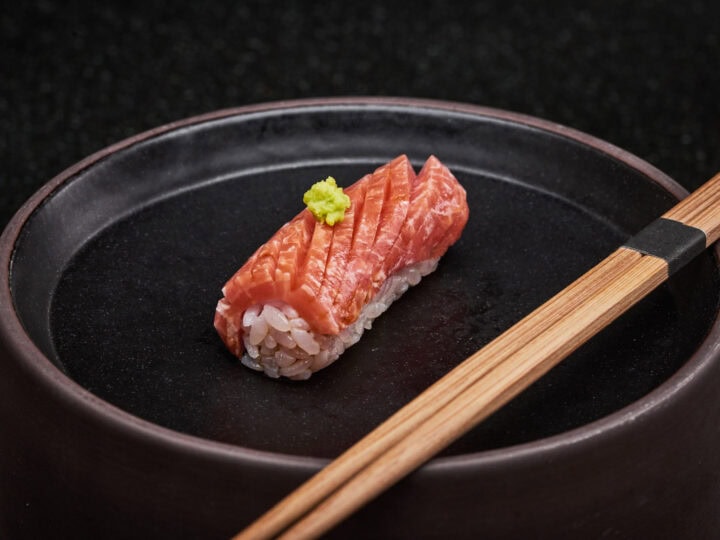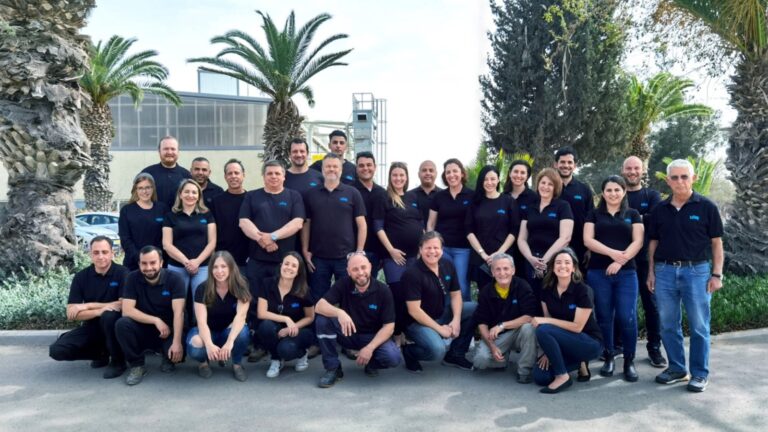Future Meat Technologies of Rehovot, Israel, has produced its first cultivated lamb. The lab-made product is said to look, cook and taste like conventional ground lamb meat ready to make into burgers, kebabs, and more.
Future Meat’s development of cultivated lamb started in 2019 with fibroblast cells isolated from Awassi sheep, generating two independent ovine cell lines that divide indefinitely.
This industry-first cultivated lamb is not genetically modified. Future Meat CEO Nicole Johnson-Hoffman says the product is cost-effective, sustainable and scalable, without harming a single animal in the process.
The European Union is the world’s largest lamb consumer, and lamb is the primary meat source for numerous countries across the Middle East, Northern Africa, and parts of Asia.
“Since lamb has a uniquely distinct flavor, it is very clear if a cultivated substitute is on or off the mark,” said Future Meat General Manager Michael Lenahan.
“The reason Future Meat’s cultivated lamb is indistinguishable from conventional lamb is because it is, first and foremost, real meat. It sizzles, sears and tastes just like people expect—it’s amazing.”
The technology was developed in the lab of Prof. Yaakov Nahmias at the Hebrew University of Jerusalem. Nahmias is the company’s president and chief scientific officer.
The company did not comment on when the cultivated lamb is expected to hit the market. Meanwhile, it is preparing to enter the US food-service market with cultivated lamb and chicken made in a new facility to be built in the United States next year.
Johnson-Hoffman said Future Meat also intends to accelerate its innovation of cultivated beef and pork.
Future Meat raised $347 million in its Series B round in January.
















